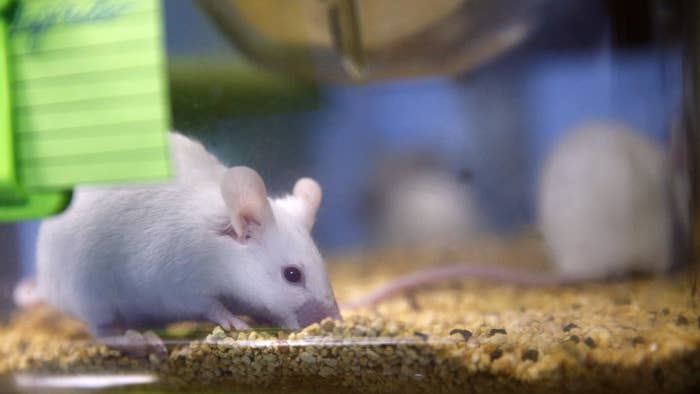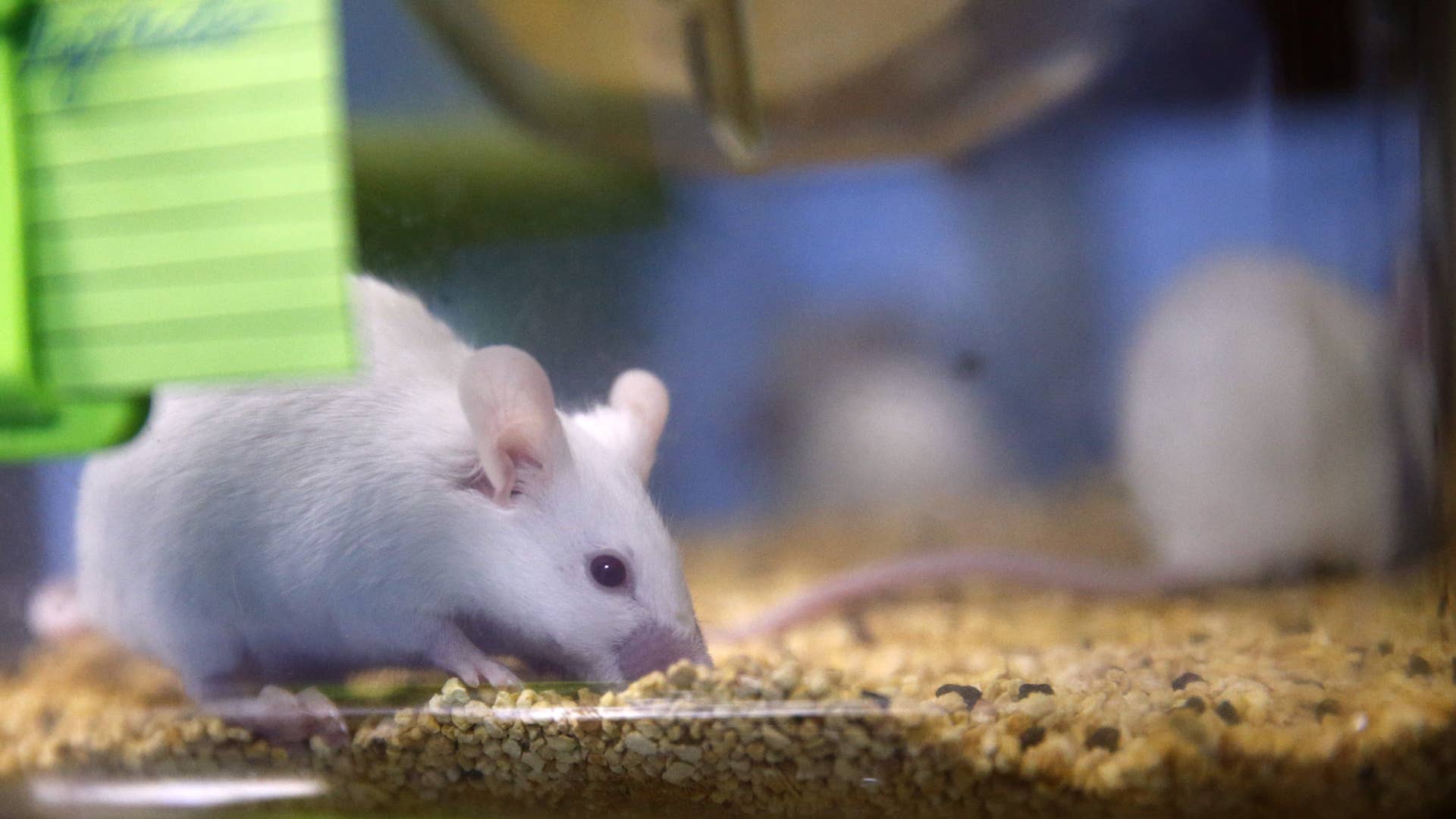
As the global race to develop a vaccine for COVID-19 continues, scientists have encountered a major roadblock in their medical research process. There aren’t enough of a specific type of genetically modified mice available to conduct their experiments, Bloomberg Businessweek reports.
Scientists are in search of mice that have been genetically modified with a humanized gene called ACE2. These transgenic mice are able to closely mirror the experience of a human being who has contracted COVID-19. A regular mouse has a gene similar to the one that scientists believe allows the virus to impact human beings, but they don’t appear to show the same symptoms that have been exhibited by humans.
“You can infect them, but they have very little, if any, clinical disease,” Richard Bowen, professor of veterinary medicine at Colorado State University, said.
The problem now lies with accessing a viable amount of transgenic mice, which researchers believe could take weeks, if not, months. Last time these mice were needed was during the SARS outbreak of 2003, but as science started to focus on other fields of interest, such as cancer and hepatitis research, these particular rodents started to phase out.
The search for transgenic ACE2 mice led The Jackson Laboratory, a nonprofit based in Maine which supplies medical researchers with animals, to Stanley Perlman, a professor in the medical school at the University of Iowa. Perlman used these mice in his research on SARS, but like many others, he wasn’t able to keep up with the costs of maintaining them. Luckily, he decided to extract sperm samples. Those samples have been sent to The Jackson Laboratory.
Regardless of how fast the breeding process goes, we’re still probably a year away from a cure. "It’s a major bottleneck," Nikolai Petrovsky, professor at the medical school of Flinders University in Adelaide, Australia, said. "I know some people are talking about bypassing animals and going to human studies. But that’s fraught with difficulty and danger."
Petrovsky believes animal testing is "absolutely essential," which is why some researchers have experimented on other animals, such as hamsters, guinea pigs, and rabbits. Meanwhile, in London, researchers are looking for two dozen volunteers who will be given the coronavirus as they try out new and old vaccines. In return for their sacrifice, they would each receive $4,588.

